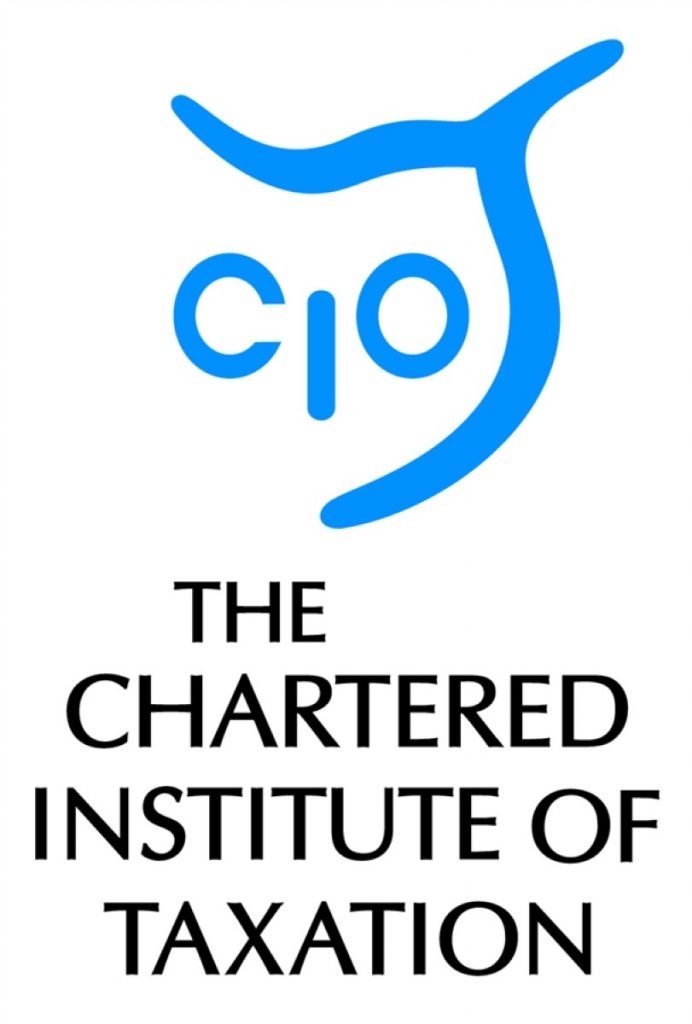The Chartered Institute of Taxation wants clarity on future of law on corporate tax evasion
The appeal comes after a statement1 by Justice Minister Andrew Selous that proposals to create a new offence of ‘failure to prevent economic crime’ would not be taken forward, with the minister saying that there is ‘little evidence of corporate economic wrongdoing going unpunished’. Both the offence of ‘failure to prevent economic crime’ and the proposed corporate criminal evasion offence consider the difficulties of holding corporations to account for the actions of individuals working in or for the organisation.
Jon Preshaw, Chairman of the CIOT’s Management of Taxes Sub-Committee, said:
“The CIOT supports targeted measures to stamp out tax evasion and believes that tax professionals play an important part in assisting people to comply with their tax obligations. In our view, the Government and HMRC really need to make it clear what the public policy rationale is for the corporate evasion criminal offence in light of the recent ministerial statement. We have been saying that there is enough law in this area already and the ministerial statement seems to support that view.”
CIOT has responded to HMRC’s recent consultation on proposals to find an appropriate and proportionate means of ensuring corporations can be held accountable under the criminal law for failing to prevent their agents from criminally facilitating tax evasion.
Jon Preshaw continued: “These proposals represent a very significant change with extremely wide-ranging implications. If the Government believes that criminal sanctions need to be strengthened in this area then the new offence must not only be phased in gradually to allow businesses time to familiarise themselves with the regime, but it must also be subject to appropriate defences being available. The Government really needs to provide more clarity around who is affected and what they need to do to comply, if it wants to achieve its objectives.
“We suggest that a threshold size with different obligations for different sized organisations would help make the compliance burden more manageable for smaller entities. We ask for more clarity about the additional compliance obligations that a UK firm would have to meet when referring a client to an adviser located outside the UK, in order to protect itself from the risk of a criminal prosecution. We also suggest that HMRC consult further on a definition of ‘agent’ to make the proposals workable in practice.”
The CIOT has also responded to HMRC’s proposal for civil sanctions for enablers of offshore evasion.
Jon Preshaw commented: “We do not support this proposal because, while we agree that anyone who helps a person deliberately evade tax deserves punishment, we strongly believe that there is already adequate law in this area.
“We are very concerned that the definition of ‘enabler’ has been framed to include those who ‘unknowingly’ provide services which assist tax evasion. In our view, it is inappropriate to impose criminal sanctions on someone who was not aware that they were facilitating offshore evasion. It should be a requirement for HMRC to prove dishonesty on the part of the enabler.
“Before these proposals are taken any further forward, there needs to be more consultation. We do not think that what has so far been proposed is proportionate or workable”.
Notes to editors
- Ministerial statement in September 2015: http://www.parliament.uk/business/publications/written-questions-answers-statements/written-question/Commons/2015-09-09/973
- The CIOT’s submission to HMRC on Tackling Offshore tax evasion; a new corporate criminal offence of failure to prevent the facilitation of evasion, can be viewed here.
- The CIOT’s submission to HMRC on Tackling offshore tax evasion: Civil sanctions for enablers of offshore evasion – can viewed here.
- The Chartered Institute of Taxation (CIOT)
The CIOT is the leading professional body in the United Kingdom concerned solely with taxation. The CIOT is an educational charity, promoting education and study of the administration and practice of taxation. One of our key aims is to work for a better, more efficient, tax system for all affected by it – taxpayers, their advisers and the authorities. The CIOT’s work covers all aspects of taxation, including direct and indirect taxes and duties. Through our Low Incomes Tax Reform Group (LITRG), the CIOT has a particular focus on improving the tax system, including tax credits and benefits, for the unrepresented taxpayer.
The CIOT draws on our members’ experience in private practice, commerce and industry, government and academia to improve tax administration and propose and explain how tax policy objectives can most effectively be achieved. We also link to, and draw on, similar leading professional tax bodies in other countries. The CIOT’s comments and recommendations on tax issues are made in line with our charitable objectives: we are politically neutral in our work.
The CIOT’s 17,500 members have the practising title of ‘Chartered Tax Adviser’ and the designatory letters ‘CTA’, to represent the leading tax qualification.





-01.png)